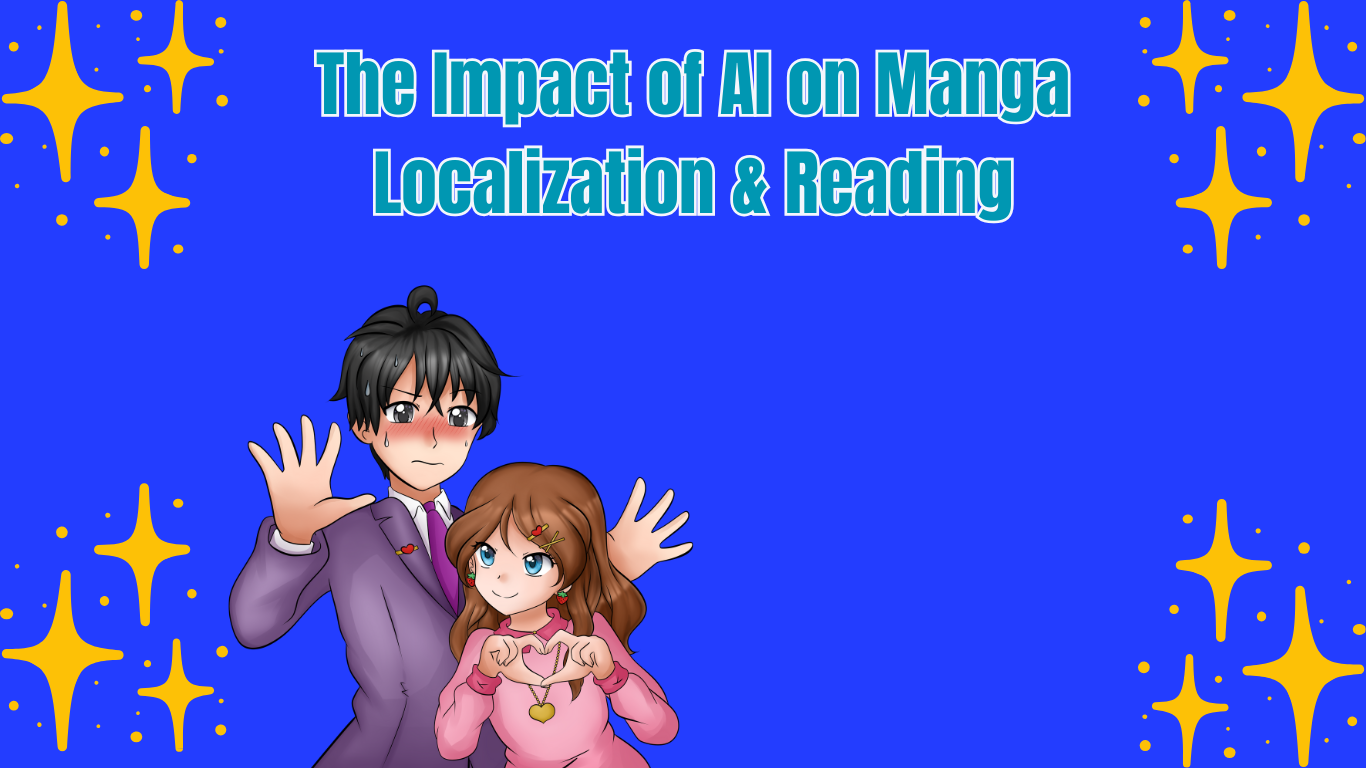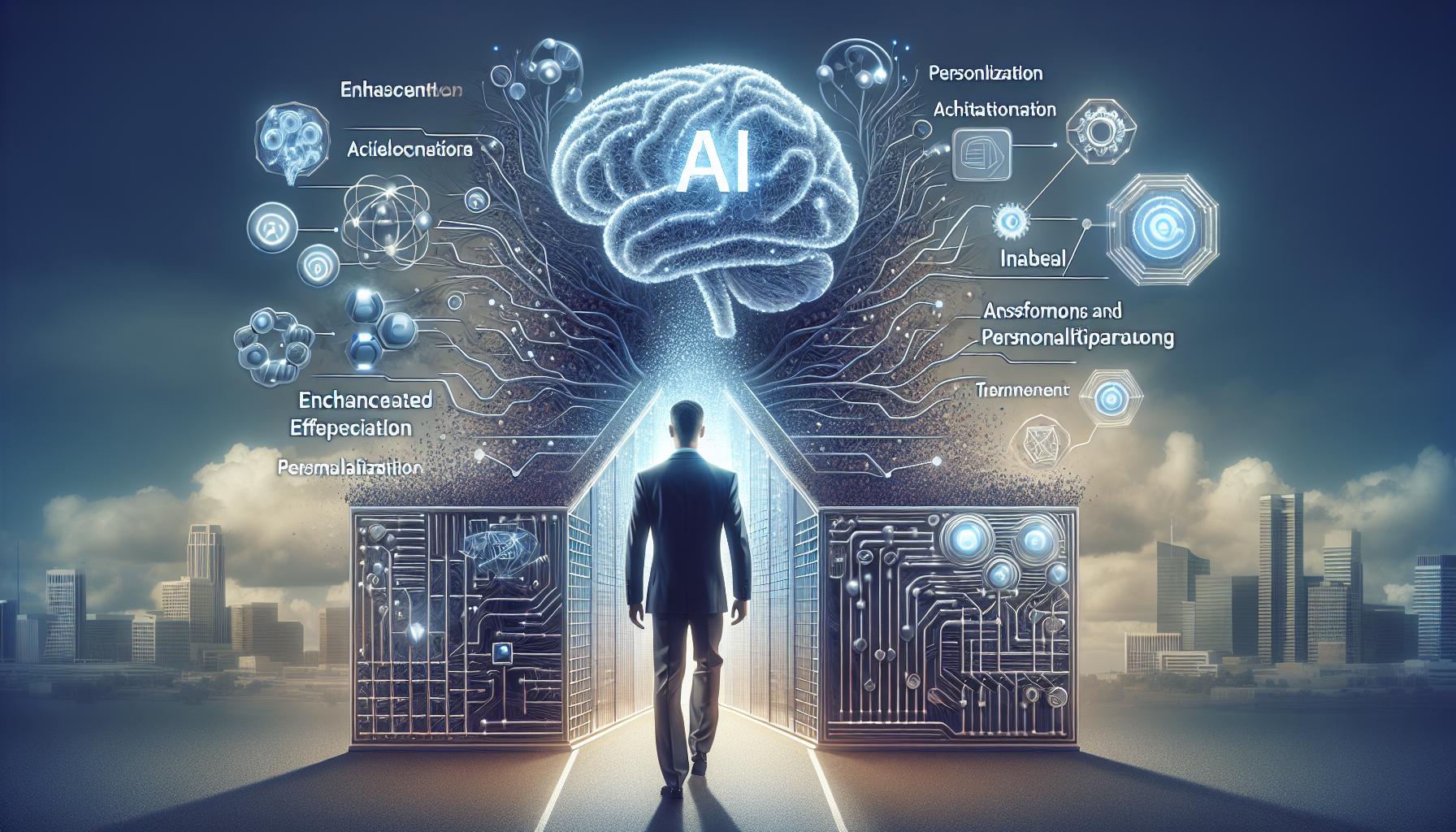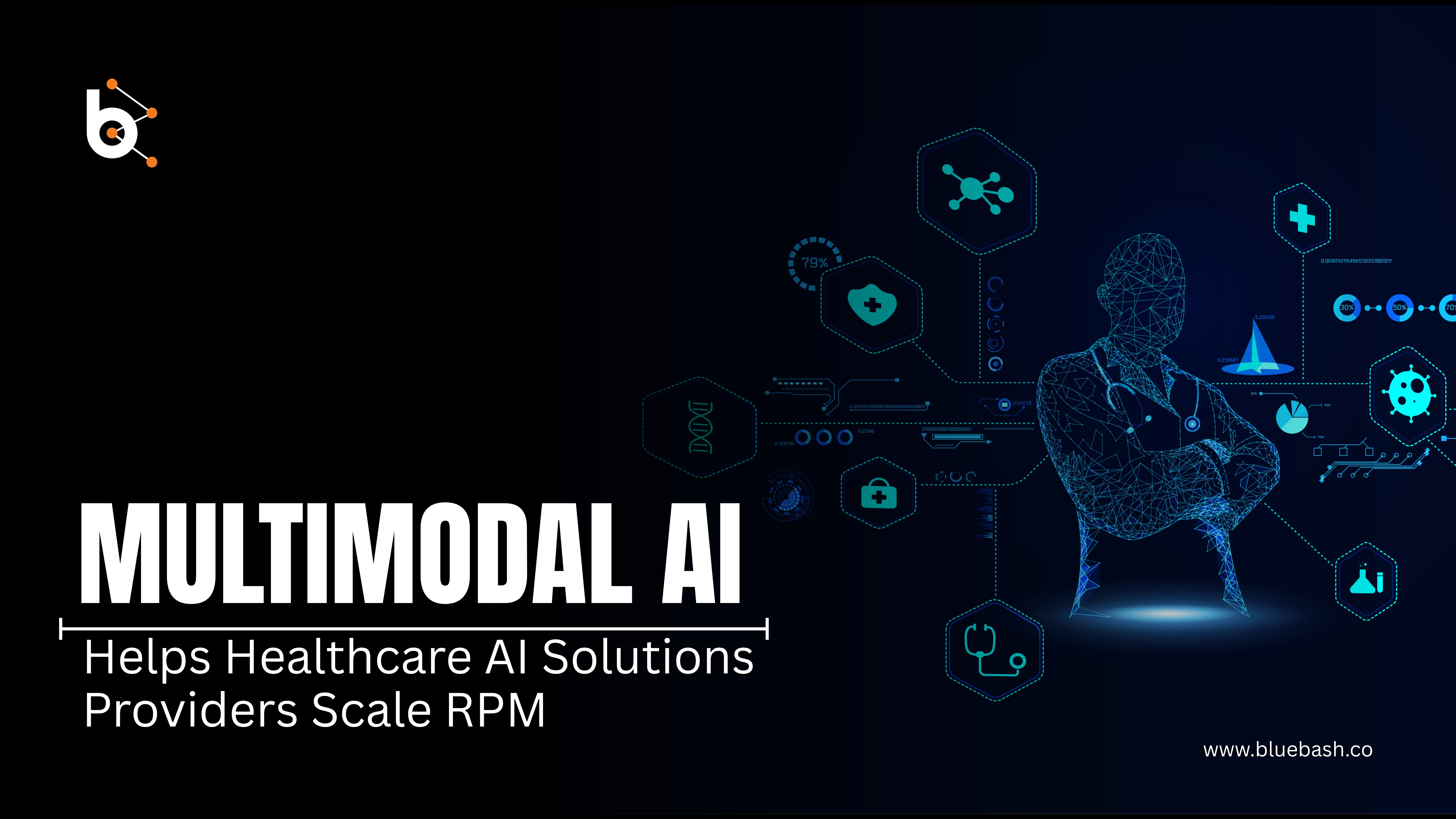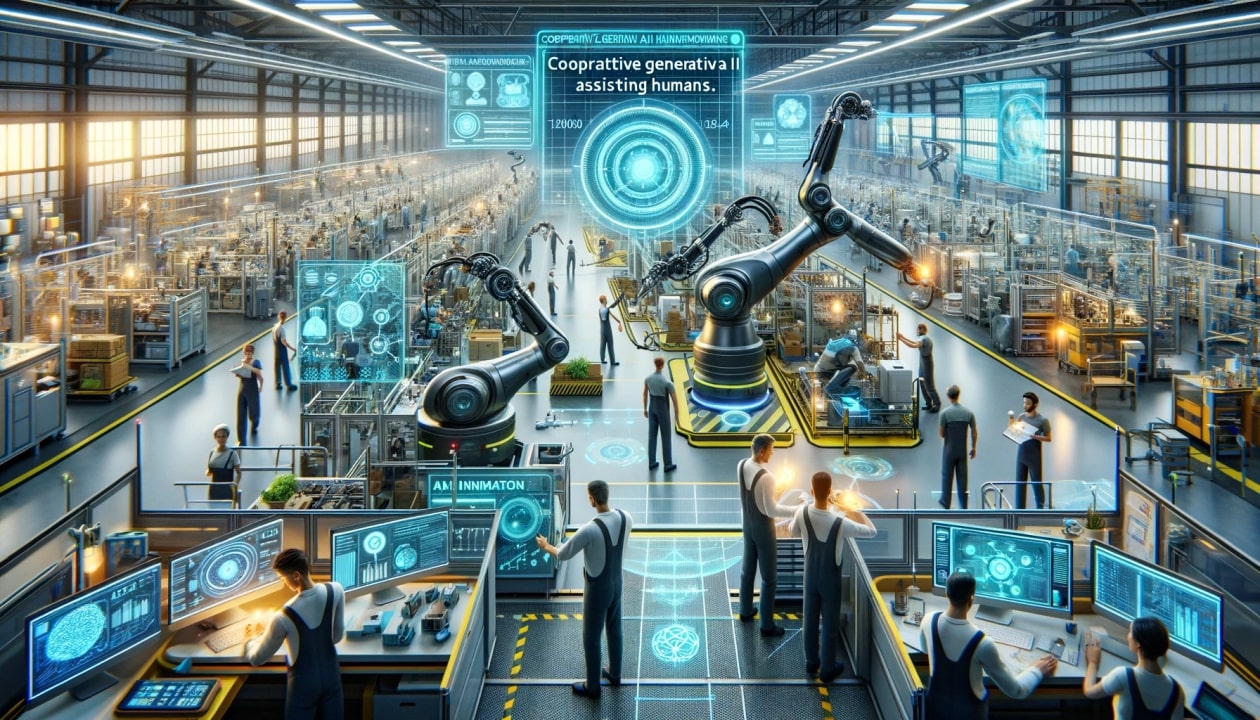The Impact of AI on Manga Localization & Reading

Strong 8k brings an ultra-HD IPTV experience to your living room and your pocket.
Manga has always been a gateway to Japanese culture for readers worldwide. However, for years, language barriers and slow localization processes have made it difficult for fans to enjoy the latest manga releases in real-time. Enter Artificial Intelligence (AI)—a game-changer that is revolutionizing manga localization and reading.
From AI-powered translations to automated image processing and speech synthesis, AI is reshaping how fans access and experience manga. But is AI truly the future of manga localization? Does it enhance or diminish the reading experience?
In this deep dive, we’ll explore the impact of AI on manga localization and reading, discuss its pros and cons, and examine how platforms like Manganeto fit into this evolving landscape.
The Evolution of Manga Localization: From Human to AI Translators
For decades, manga localization was a slow and meticulous process. Traditional translation involved a team of translators, editors, and typesetters, ensuring high-quality adaptations that preserved cultural nuances. However, this method came with significant challenges:
Long wait times – Official translations often take months or even years to be released.
High costs – Professional localization is expensive, leading to limited releases outside Japan.
Censorship concerns – Some publishers alter content to suit different audiences, frustrating purists.
To bridge this gap, AI-powered translation tools have stepped in, offering a faster and more cost-effective alternative. But how do they compare to traditional human translations?
How AI is Revolutionizing Manga Localization
1. AI-Powered Machine Translation (MT)
One of AI’s most significant contributions is machine translation (MT), which automates the process of converting Japanese text into English and other languages. AI tools like Google Translate, DeepL, and OpenAI’s language models can now process complex sentence structures in seconds.
Pros of AI Translation:
✔️ Speed – AI can translate entire manga volumes in minutes.
✔️ Cost-effectiveness – Publishers save money by reducing human labor costs.
✔️ Accessibility – Fans can read new manga releases almost instantly.
Cons of AI Translation:
❌ Lack of cultural nuance – AI often struggles with Japanese honorifics, idioms, and slang.
❌ Inaccurate translations – Without context, AI can misinterpret phrases, leading to awkward dialogue.
❌ Poor typesetting – AI cannot yet match the precision of human typesetters when placing text in speech bubbles.
Despite these limitations, AI-powered translations continue to improve, making manga more accessible than ever.
2. AI-Enhanced OCR (Optical Character Recognition) for Manga Scans
AI has also transformed the way manga scans are processed. With OCR technology, AI can extract text from manga panels and translate it instantly.
How AI OCR Works:
Scans a manga page.
Detects and extracts Japanese text.
Translates and overlays the translated text on the original image.
This technology has made it easier for fan translation groups and platforms like Manganato to provide multilingual manga access. However, AI OCR is not perfect—it can struggle with handwritten text, stylized fonts, or cluttered backgrounds.
3. AI in Manga Audio Narration & Accessibility
AI is also changing the way people consume manga beyond traditional reading. Text-to-speech AI can now generate natural-sounding voiceovers, creating an audiobook-like experience for manga.
This innovation benefits:
Visually impaired readers, who can now enjoy manga through AI narration.
Language learners, who can hear pronunciations while reading.
Multitaskers, who want to “listen” to manga while doing other activities.
While still a niche feature, AI-powered narration could redefine how manga is experienced in the future.
AI vs. Human: Which is Better for Manga Localization?
AI translation is improving rapidly, but can it replace human translators? The short answer is no—at least, not yet.
Why Human Translators Still Matter:
They understand cultural context and wordplay.
They adapt jokes, idioms, and puns in a way that makes sense.
They preserve character personalities through nuanced dialogue.
However, AI can still be a useful tool in localization, speeding up the process and handling large volumes of text before human editors refine the translations. Many publishers are now using a hybrid model, where AI provides a rough draft that human translators polish.
The Role of AI in Fan Translations & Sites Like Manganato
Many manga fans rely on fan translations to access manga that isn’t officially available in their language. Platforms like Manganato host a wide range of manga, including fan-translated versions that often outpace official releases.
How AI is Changing Fan Translations
AI-powered translation tools help speed up fan scanlation projects.
AI OCR makes it easier to extract and edit text from manga scans.
AI-assisted typesetting tools automate font placement for a cleaner look.
However, since Manganato operates in a legal gray area, AI’s role in scanlations raises ethical questions. While AI improves accessibility, it also contributes to copyright concerns, as unofficial translations compete with licensed manga.
Despite this, AI-powered translations continue to reshape the fan translation scene, making it easier for readers to access new manga faster than ever before.
The Future of AI in Manga Reading & Localization
With AI evolving rapidly, what does the future hold for manga localization and reading?
📌 More accurate AI translations – As AI models improve, translations will become more context-aware and culturally accurate.
📌 Hybrid translation systems – A mix of AI and human translators will likely become the industry standard.
📌 AI-driven manga apps – Future manga apps may offer real-time translation, allowing readers to switch between languages effortlessly.
📌 AI-powered voiceovers – AI narrators could bring manga to life with character-specific voices.
While AI won’t replace human translators entirely, it will continue to revolutionize manga localization, making manga more accessible, affordable, and immersive than ever.
Final Thoughts: Is AI the Future of Manga Localization?
AI is undeniably changing the way we read and experience manga. From instant translations to automated image processing and narration, AI is making manga more accessible to global audiences.
However, AI still has limitations—it struggles with cultural nuances, character depth, and humor. While fan platforms like Manganato benefit from AI-powered scanlations, official publishers are adopting AI-human hybrid models for better quality translations.
Ultimately, AI is not here to replace human translators but to enhance the manga reading experience. As technology continues to evolve, one thing is clear: the future of manga localization is faster, smarter, and more immersive than ever before.
Note: IndiBlogHub features both user-submitted and editorial content. We do not verify third-party contributions. Read our Disclaimer and Privacy Policyfor details.







